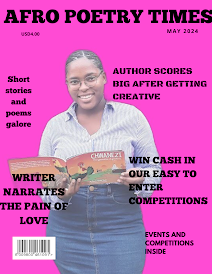On the day of the Brexit referendum, poet Anthony Anaxagorou fell into conversation with the driver of an Uber. On the journey, they shared their stories – Anaxagorou, a British Cypriot; the driver, a man from Mauritius who had not seen his family for five years. Another day at StAnza, another taxi journey: American poet Carolyn Forché, in a cab in Milwaukee. Her driver is from Syria, with a story of crossing the Mediterranean, a fraught and dangerous journey which not all his fellow passengers survived.
Poems like these demonstrate not only that poetry can handle difficult material but that it can open it up in a way which is subtle and deceptively powerful. In making us think about the nature of home and of journeys, it can make a host of issues come alive without the need of a political sledgehammer.
These and other important stories have been brought together over the past four days at StAnza, Scotland’s international poetry festival, now in its 23rd year. Continuing to gain in reputation internationally, StAnza brings together poets from Scotland and around the world in more than 70 events, from readings and performances to walks, exhibitions and workshops.
This year, spoken-word performers formed a particularly strong strand of the programme, perhaps demonstrating that what was once a firm dividing line between performance poetry and published poetry is becoming increasingly permeable. Joelle Taylor, a spoken-word veteran, gave a searing, moving, inspiring performance of Songs My Enemy Taught Me, her own account of surviving sexual assault (poetry aficiandos might like to note it is written entirely in cantos). Jay Bernard, one of the younger poets she helped mentor, gave another of the festival’s stand-out readings.
A feature of Bernard’s poetry, as of many at this year’s festival, is the ability to write in other voices, conjuring the voice of a young victim of the Grenfell Tower fire, as Tony Walsh brought us the voice of a teenage mum from Manchester. The poetic imagination goes further: DA Powell brought us the voice of St John the Divine; Jen Hadfield, that of a standing stone; Nancy Campbell, a Greenlandic ice core.

















